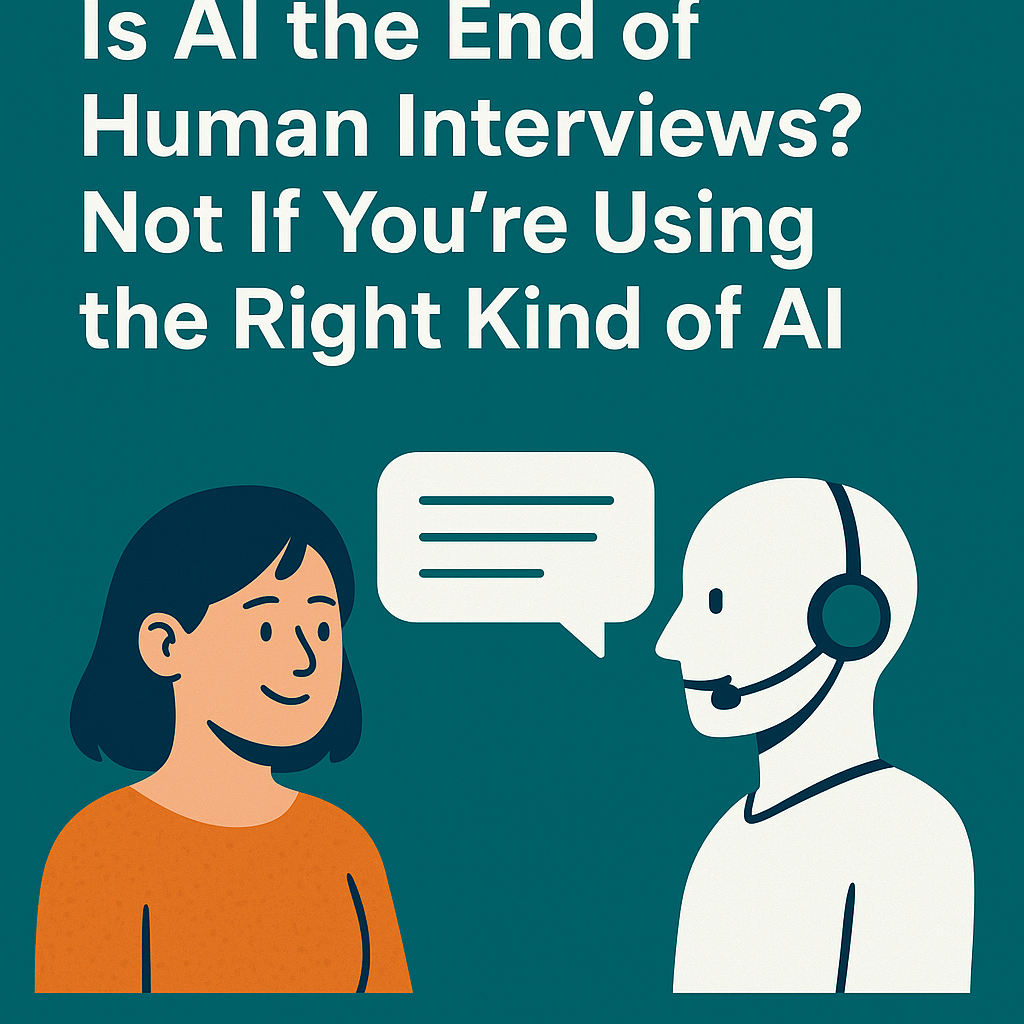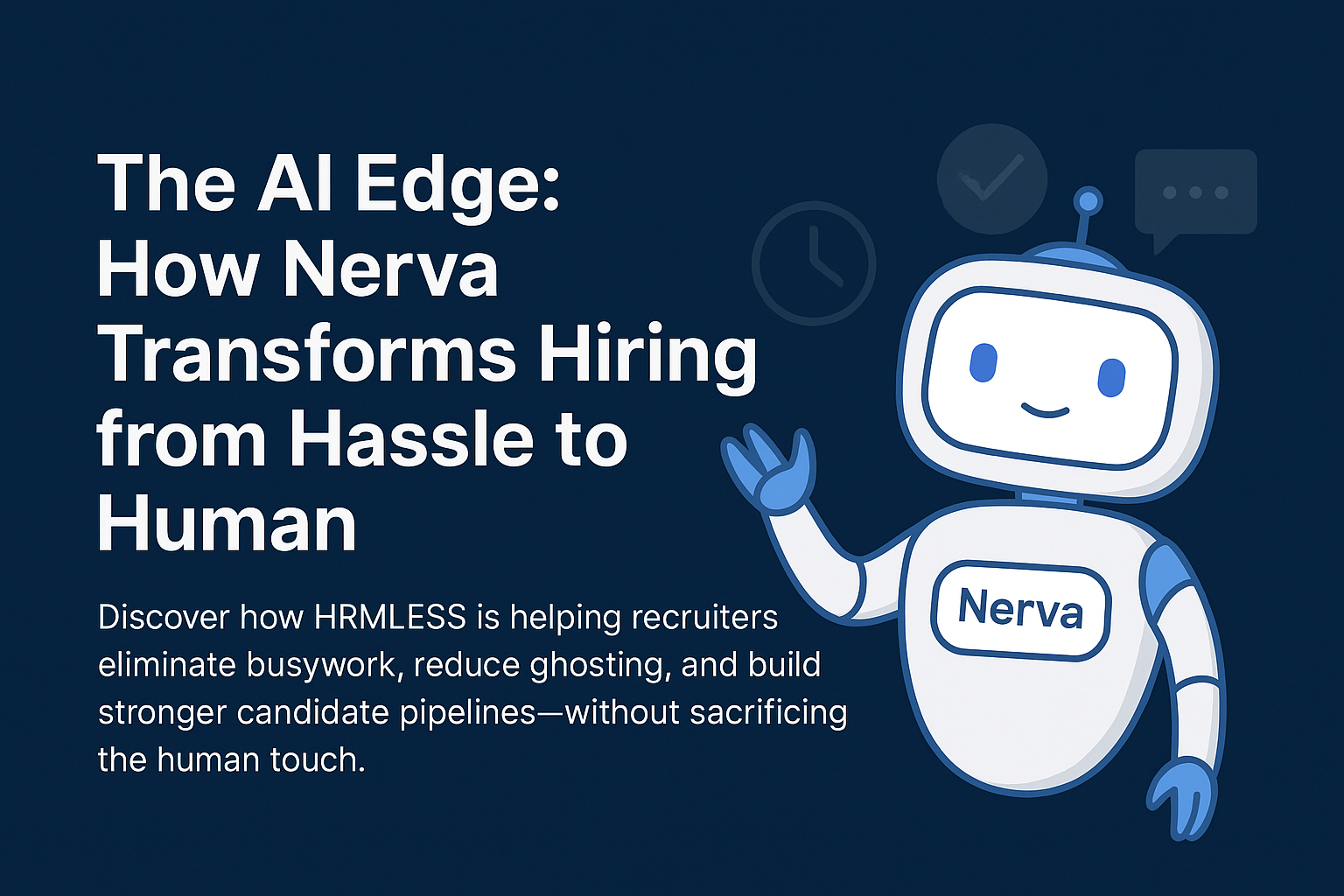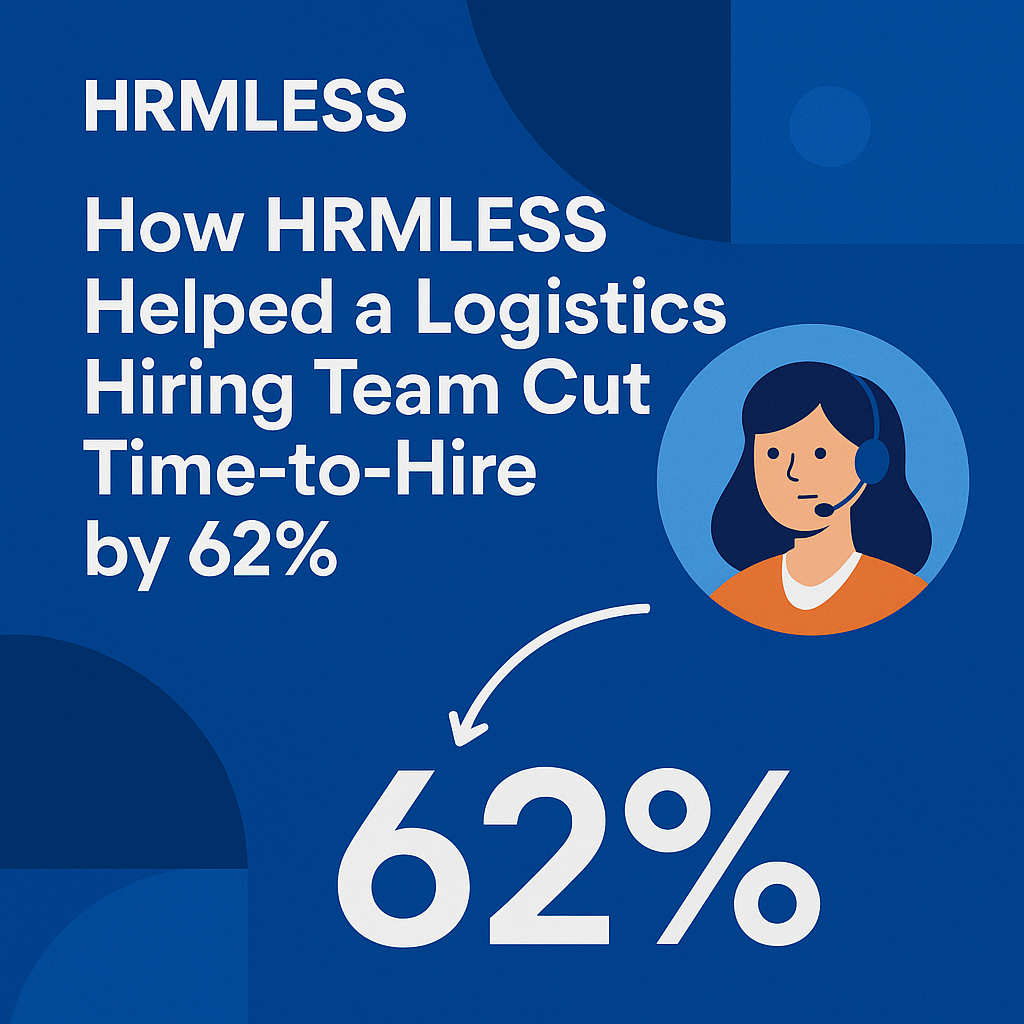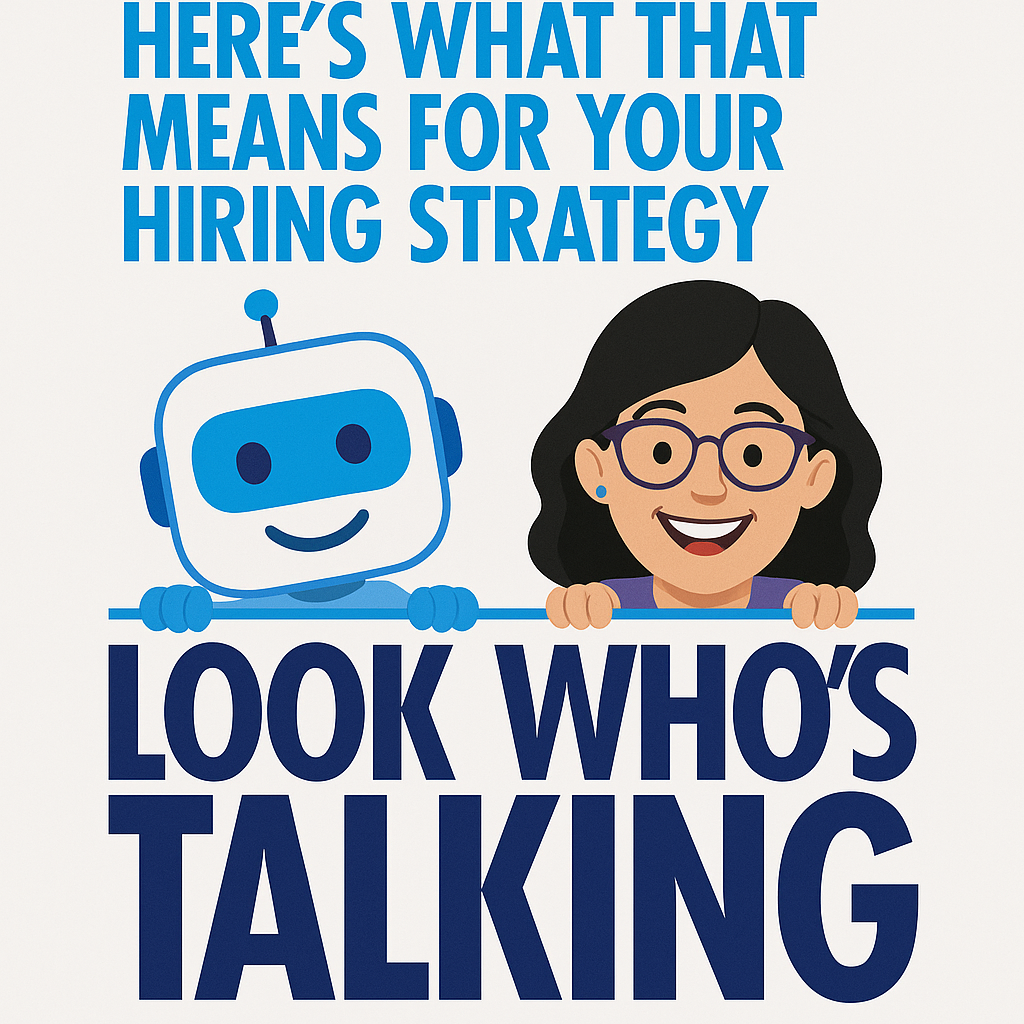The Rise of AI Job Interviews: What Candidates Really Think—and What That Means for Recruiters
The Rise of AI Job Interviews: What Candidates Really Think—and What That Means for Recruiters
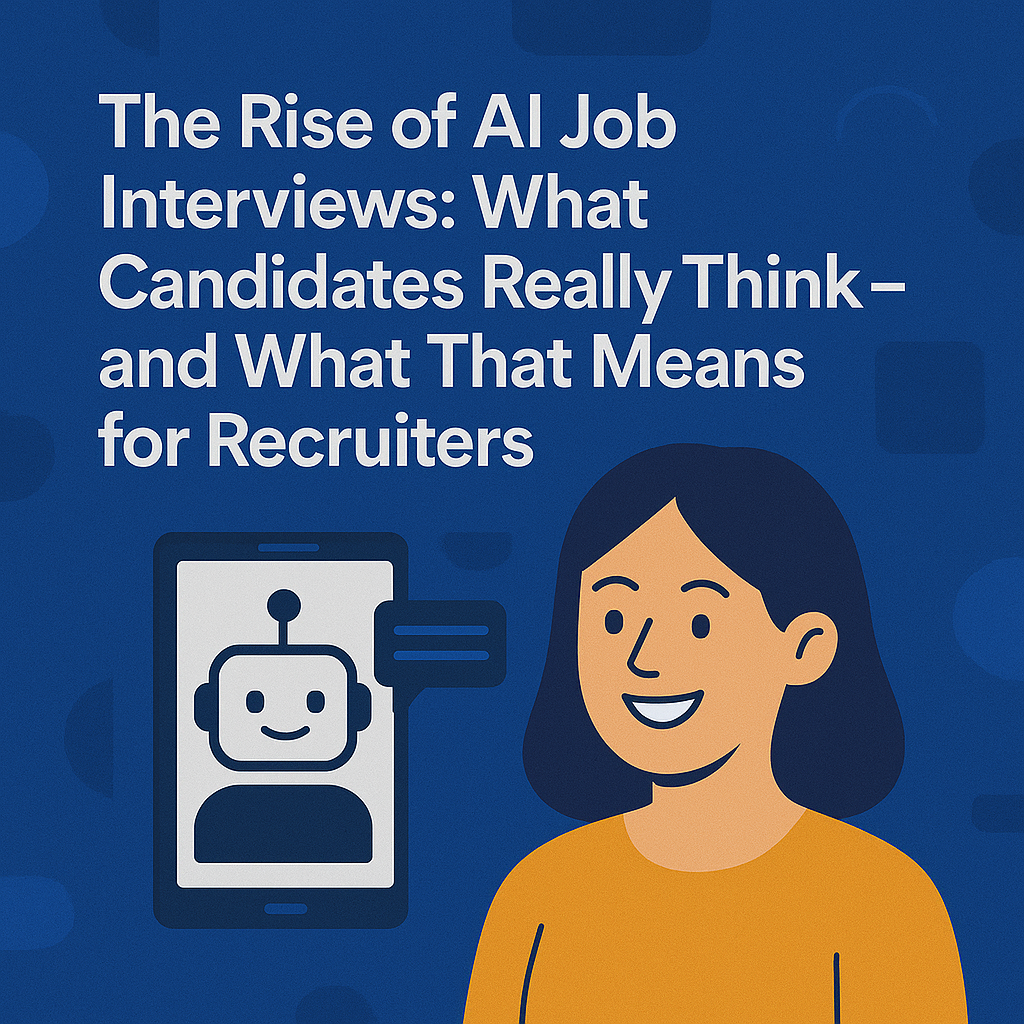
The interview was scheduled at midnight. The interviewer never got tired. And the feedback? Nonexistent.
This isn't a scene from a sci-fi novel. It's the real hiring experience for more and more candidates today. As companies seek faster, more scalable ways to evaluate talent, artificial intelligence is stepping in—not just to score resumes, but to talk to candidates directly.
At HRMLESS, we believe AI interviews can create meaningful improvements for both sides of the hiring equation. But as recent reporting from CBC News shows, the shift is not without its skeptics. So let’s talk about what’s really happening—and how to get it right.
What’s Changing—and Why
Hiring is harder than ever. Teams are stretched thin, ghosting is rampant, and top talent moves fast. AI interview bots, like those powered by HRMLESS’s Nerva AI, are designed to solve those challenges:
- 24/7 Availability: Candidates can interview on their time—whether it’s noon or 2 a.m.
- Consistent Evaluation: Every candidate gets the same questions, with no unconscious bias.
- Faster Time-to-Hire: Recruiters get auto-generated summaries and scores to quickly move the best candidates forward.
The Candidate Experience: Mixed Reviews
In the CBC story, candidates like Wafa Shafiq were intrigued by the experience—“cool,” “smart,” and “unexpectedly conversational.” But others, like Maureen Green, left their AI interviews feeling ghosted, confused, or drained by a lack of closure.
The takeaway? AI interviews aren’t automatically good or bad—they’re a tool, and the experience depends on how they’re implemented.
Getting AI Hiring Right: What We've Learned
At HRMLESS, we’ve powered over 50,000 AI interviews through Nerva. Here's what separates a successful rollout from a frustrating one:
1. Set Clear Expectations
Candidates should know in advance that they’ll be speaking with AI. A simple note like “This interview is powered by Nerva AI. It will feel like a conversation—but no humans are on the other end.” helps build trust.
2. Respect Candidate Time
Just because AI can run a long interview doesn’t mean it should. Nerva AI interviews average 10 minutes. Enough to evaluate, not enough to exhaust.
3. Follow Up Thoughtfully
Even if a human isn’t present during the interview, one should be afterward. Whether the outcome is a live interview invite or a polite rejection, timely communication matters.
4. Keep the Human in the Loop
Nerva scores and summarizes interviews, but decisions still belong to humans. The tech helps recruiters move faster—not remove them from the process.
What This Means for the Future
AI interviews aren’t going away. In fact, we believe they’re just getting started. But as this tech becomes the norm, how it’s used will define whether candidates view it as a helpful innovation—or an impersonal hurdle.
To earn trust, companies must be transparent, respectful, and thoughtful in implementation.
Featured
Subscribe to ournewsletter
Related posts
Explore the world of photography with our curated selection of
portfolio websites that showcase creativity and innovation.

